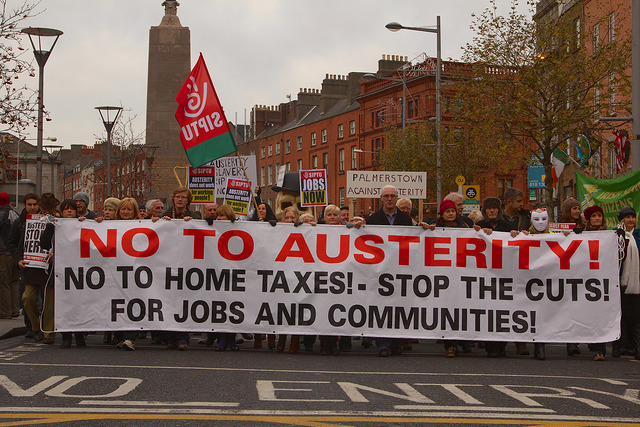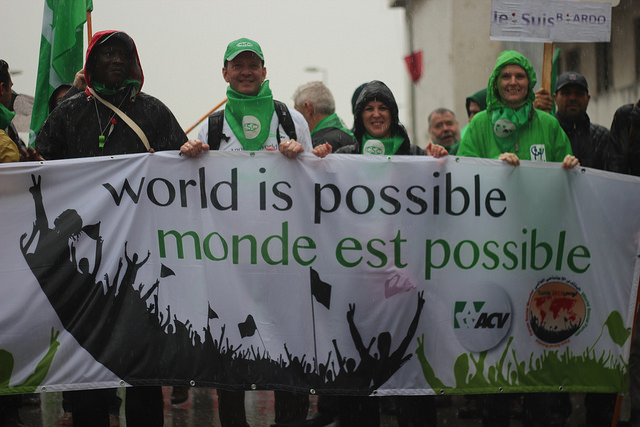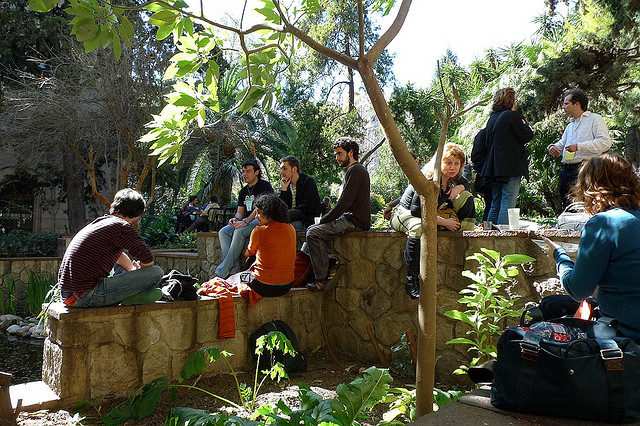The 10th International Degrowth Conference and the 15th Conference of the European Society for Ecological Economics (ESEE) will be held in the city of Pontevedra (Galicia, Spain) from 18 – 21 June 2024. This joint conference is part of the “Pontevedra ESEE-Degrowth 2024” activities, which will establish Pontevedra as the European capital of degrowth in 2024.
The event titled 'Science, Technology, and Innovation beyond growth: Cultivating collective creativity for a sustainable future,' will consist of two types of activities:
The event is organized around principles of degrowth, with a strong focus on advancing human and environmental wellbeing, promoting cooperation, democracy, inclusiveness, transparency, and solidarity. The Organizing Committee warmly invites everyone to join them in the welcoming city of Pontevedra.
To stay connected and receive updates, visit the website and follow us on social networks, where you will find the latest information and announcements.
Prior to the conference will be held the 5th International Assembly of the Degrowth Movement, on Monday June 17th, in a hybrid format, online and in Pontevedra. Find more information here.

How the conflation with neoliberalism and austerity unfairly reduces the idea of degrowth to absurdity – and where the degrowth movement can turn for answers to the crisis. The degrowth movement has been developed in response to neoliberal reality, neoliberalism's comically reductive view of human nature, its ecological blindness and the rise in social inequality it has brought about. Austerit...

By Ashish Kothari If sheer enthusiasm can deliver ‘another world’, the opening rally of the World Social Forum in Tunis on 24th March held much promise. Thousands of women and men, young and old, vociferous and quiet, a colourful multitude of sloganeering, banner-holding, dancing and singing braved rain and well-below expected temperatures to march from the historic Bab Sadoun to the iconic Ba...

By Filka Sekulova and Francois Schneider One might say that the term degrowth provides few new insights. At first sight the concept seems identical with the calls of the Radical Ecology Movement from the Seventies, supplanted by the Meadows report to the Club of Rome on ‘The limits to growth’. Yet, unlike terms such as [...]